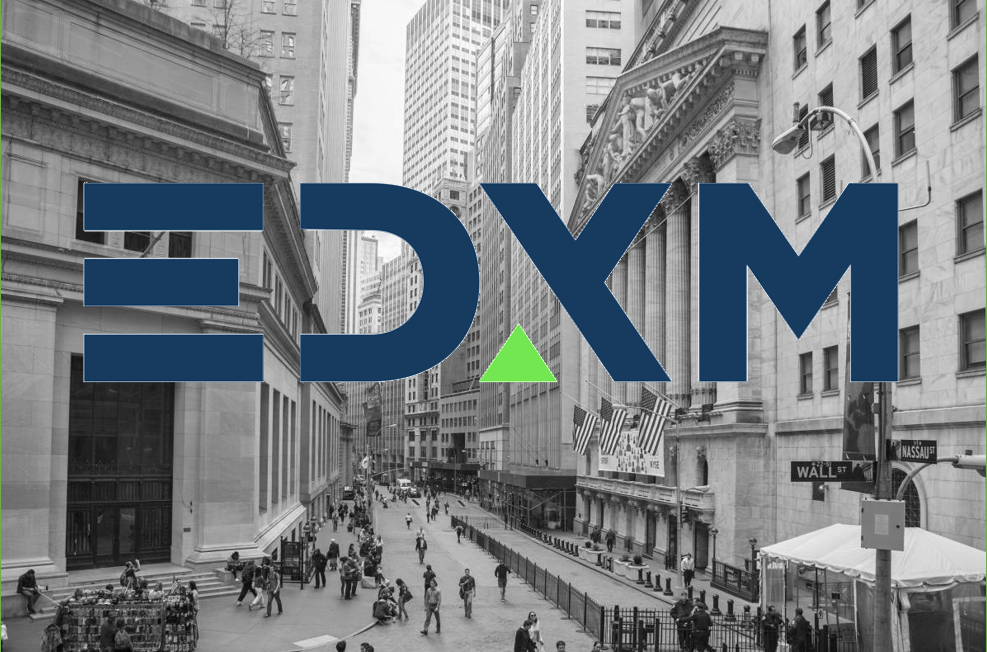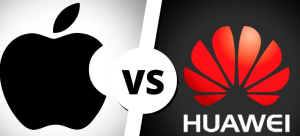
A new cryptocurrency exchange has commenced operations in the United States with support from established players in the traditional finance sector, including Citadel Securities, Fidelity, and Charles Schwab. This development has the potential to reshape the digital asset landscape as the US pays increased attention to the industry.
EDX, as per the press release, aims to cater to the needs of the largest and most advanced financial institutions, many of whom remain interested in cryptocurrencies but are skeptical about existing platforms due to regulatory uncertainty. The exchange’s launch coincided with a significant surge in the price of Bitcoin following news of BlackRock’s application for a Bitcoin ETF.
EDX Markets, an exchange exclusively for institutional investors, was initially announced in September 2022. Apart from Bitcoin, the platform facilitates trading of three additional cryptocurrencies: Ethereum (ETH), Litecoin (LTC), and Bitcoin Cash (BCH). Notably, none of these cryptocurrencies have been classified as securities in the highly publicized lawsuits against major crypto exchanges Binance and Coinbase by the SEC.
Unlike conventional crypto platforms, EDX adopts a non-custodial model, which means it does not hold clients’ digital assets during trades. Instead, EDX collaborates with a third-party custodian. Jamil Nazarali, the CEO of EDX Markets, believes that regulators’ expectation for crypto exchanges to separate broker-dealer functions, akin to the structure of traditional financial markets, presents opportunities for EDX.
Nazarali emphasizes the importance of cryptocurrencies adhering to the rules and investor protection measures found in traditional finance to develop as an asset class. He believes that investor interest creates even more potential for the exchange.
Initial funding for the exchange’s development was provided by venture capital firms Paradigm, Sequoia Capital, and Virtu Financial. Additionally, EDX secured additional financing from new investors, including Miami International Holdings, GTS, GSR Markets, and HRT Technology. The company plans to launch its own clearing service, EDX Clearing, for exchange transactions by the end of the year.
Sequoia Capital’s portfolio includes other prominent crypto services such as Filecoin and LayerZero. Paradigm, on the other hand, focuses exclusively on the crypto market and has supported numerous blockchain startups, including Uniswap, OpenSea, Synthetix, Starkware, Phantom, Optimism, dYdX, Blur, and others.
EDX deliberately designed its business model to avoid the challenges faced by other exchanges. According to Nazarali, this approach involves recognizing innovation in the crypto space while incorporating practices from traditional finance. EDX allows customers to trade four cryptocurrencies nearly round the clock, but the platform separates the roles of broker, dealer, and exchange.
Many potential crypto investors remain interested in the field but are concerned about the inherent volatility of the crypto market. EDX aims to attract these risk-averse clients by drawing from the practices of the traditional stock market. The exchange primarily targets large investors and institutions that are deterred by regulatory uncertainty and industry instability, highlighted by several major players’ bankruptcies in 2022. Citadel, one of EDX’s investors, is already a client of the company, with Citadel managing $62 billion in assets as of the end of 2022.
Instead of retail investors directly trading cryptocurrencies on the EDX platform like other exchanges, they will interact with intermediaries. This approach is similar to how shares are traded on the New York Stock Exchange (NYSE). The dependability of these intermediaries is an attractive aspect for potential customers. Nazarali highlights the advantage of trading through a reliable intermediary, eliminating the risk of losing a hard drive with $200 million worth of cryptocurrency keys and spending years searching for it in a landfill.
The platform will also offer customers access to more favorable prices through special retail-only quotes. Since institutional traders often purchase assets in large quantities, their trades can drive up the asset’s price, resulting in losses for market makers. To mitigate this, platforms may impose inflated commissions, which significantly impact retail traders who deal in smaller volumes. By segregating retail trading, EDX can provide clients with the best prices for small transactions.
Brett Harrison, founder and CEO of Architect and former president of FTX US, expressed that blending elements of cryptocurrencies and traditional finance could enhance the competitiveness of companies like EDX. He believes that these hybrid exchange models could eventually rival traditional exchanges such as Nasdaq or CME.
Furthermore, the launch of an exchange like EDX contributes to the overall legitimacy of cryptocurrencies. Alongside BlackRock’s recent Bitcoin ETF filing, the support received by EDX from high-profile entities demonstrates that cryptocurrencies continue to be taken seriously by major companies worldwide.




